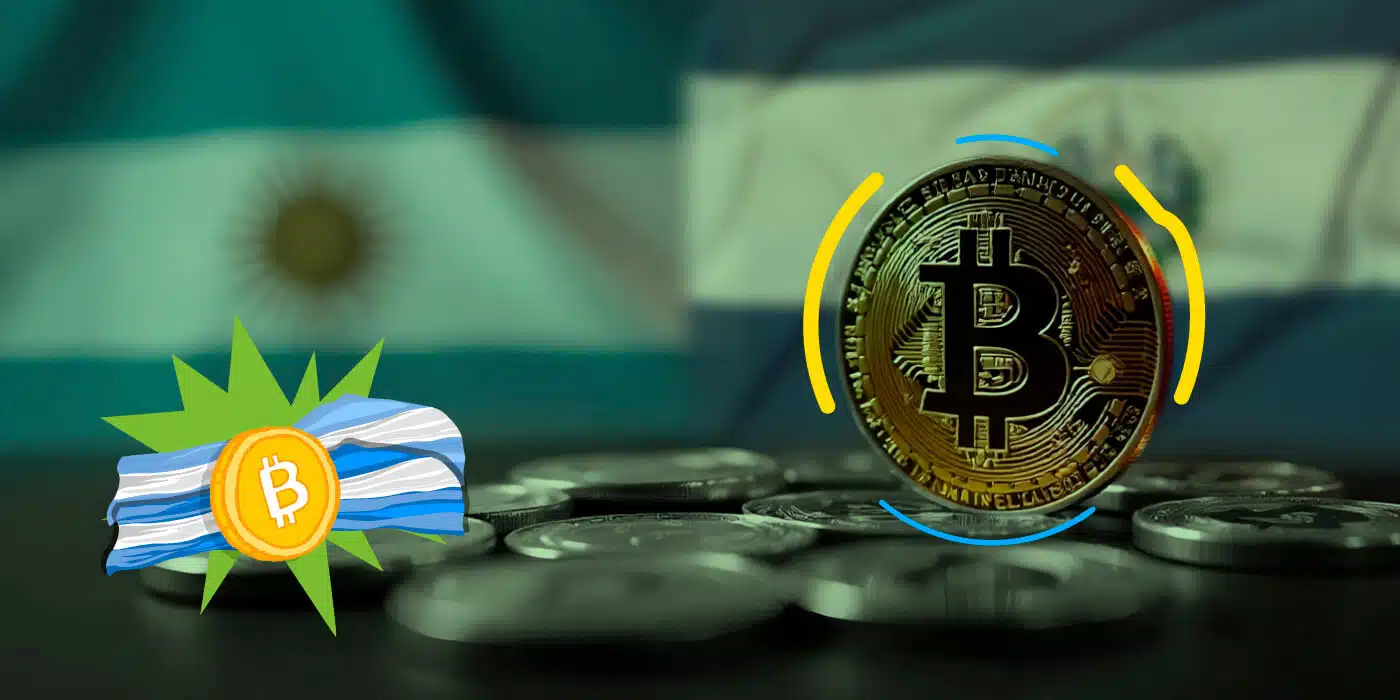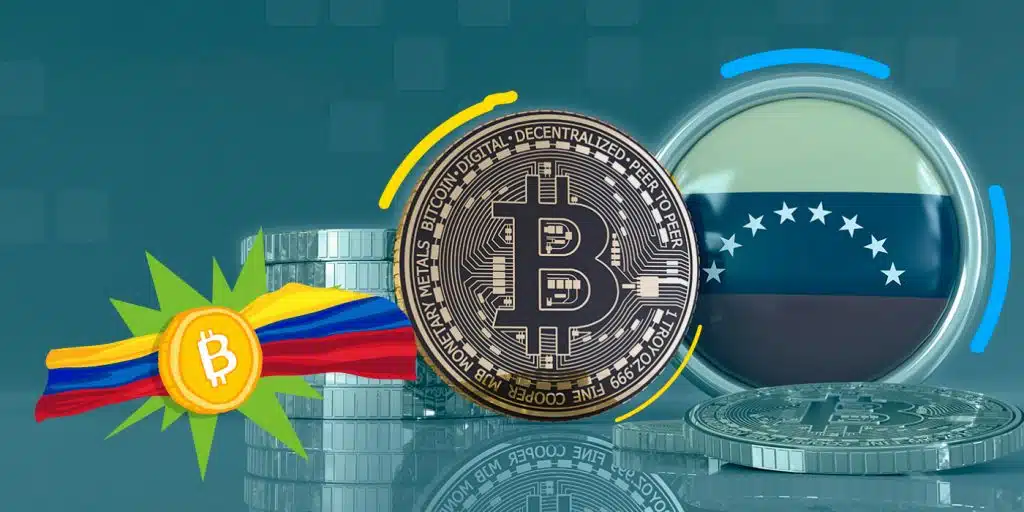Bitcoin’s global market journey has been impressive, solidifying it as an asset on par with large corporations and traditional assets. In 2024, Bitcoin achieved a market cap so high that it has become one of the top ten most valuable assets globally. This growth reflects a significant shift in the global financial sector, underscoring Bitcoin’s appeal as a store of value and a diversification tool.
The Effect of Market Value on Bitcoin’s Worldwide Recognition

As Bitcoin exceeds the market cap of major companies like Meta (Facebook’s parent company), its appeal to professional and individual investors continues to grow. With a market value surpassing $600 billion, Bitcoin has transitioned from a niche experiment to a trusted investment, particularly in developing economies and countries with high inflation.
One factor driving Bitcoin’s growth is its limited supply: there will only ever be 21 million bitcoins. This creates a “scarcity value” similar to that of gold, reinforcing its appeal as a hedge against rising prices and economic volatility. In this sense, Bitcoin offers an attractive alternative for those seeking assets with low correlation to traditional markets.
Bitcoin vs. Traditional Assets: What Does This New Era Represent?

Compared to traditional assets like gold and major tech stocks, Bitcoin stands out with unique characteristics. Being digital and decentralized, it is not subject to the territorial or regulatory constraints of other assets, offering unprecedented accessibility.
Additionally, its blockchain provides an effective value transfer system, reducing the duration and expenses associated with international transactions. This makes it an compelling tool for businesses and users seeking solutions to traditional bank transfers. Recent movements in Bitcoin’s market value are also driving its consideration as a reserve asset among banks and companies, who view it as a safe haven amid the volatility of the traditional financial system.
What Does Bitcoin’s Rise Signify for the Future of Financial Markets?
Bitcoin’s positioning as a top global asset could affect multiple aspects of financial markets, notably in the integration of cryptocurrencies in investment portfolios. Some analysts forecast that this progress will solidify its role within the global economy, increasing its adoption even among governmental institutions.
The inclusion of Bitcoin among the top assets also represents a significant endorsement, showing that cryptocurrencies are here to stay. With growing acceptance, even among risk-averse economic actors, Bitcoin is gaining credibility that translates into increased investor trust.
Summary
The rise of Bitcoin as one of the world’s most valuable assets marks a turning point in the global economy. As a peer-to-peer and accessible cryptocurrency, it represents an attractive diversification option, particularly for those seeking protection against inflation. Surpassing iconic companies in value, Bitcoin continues to revolutionize the investment world, solidifying its role as a respected and globally influential asset.







